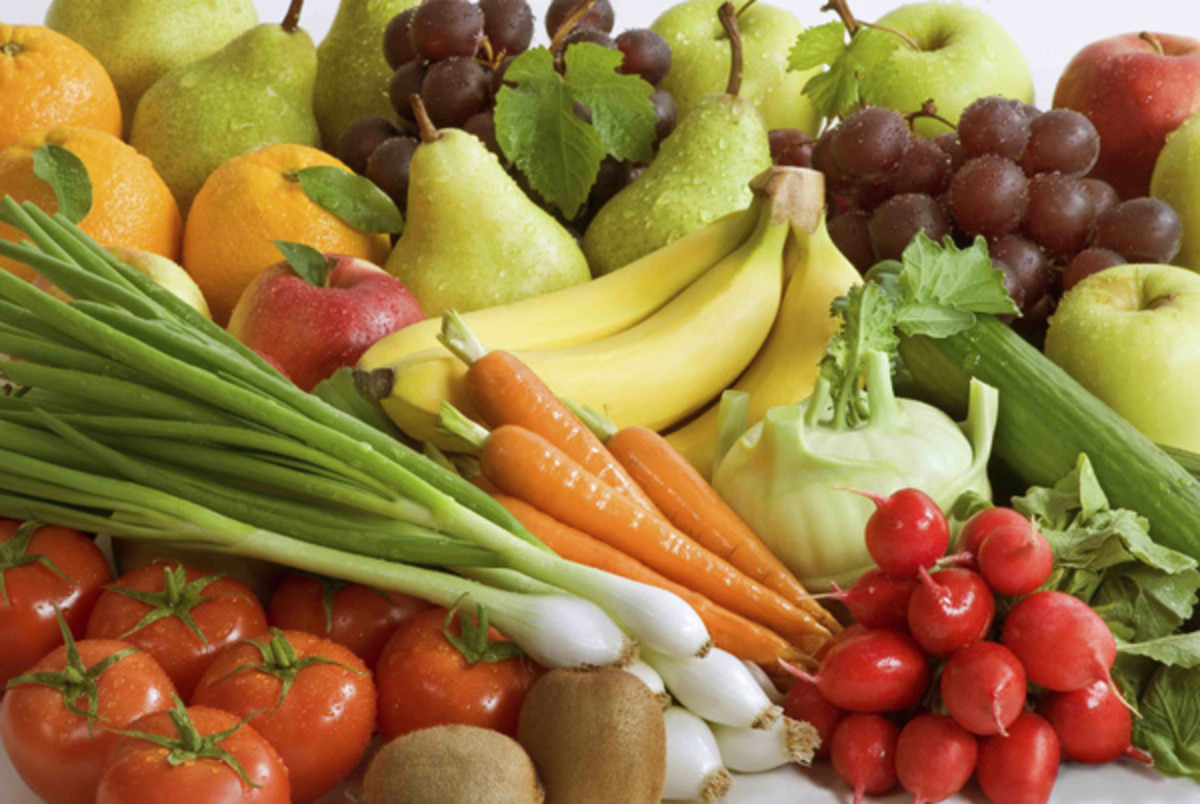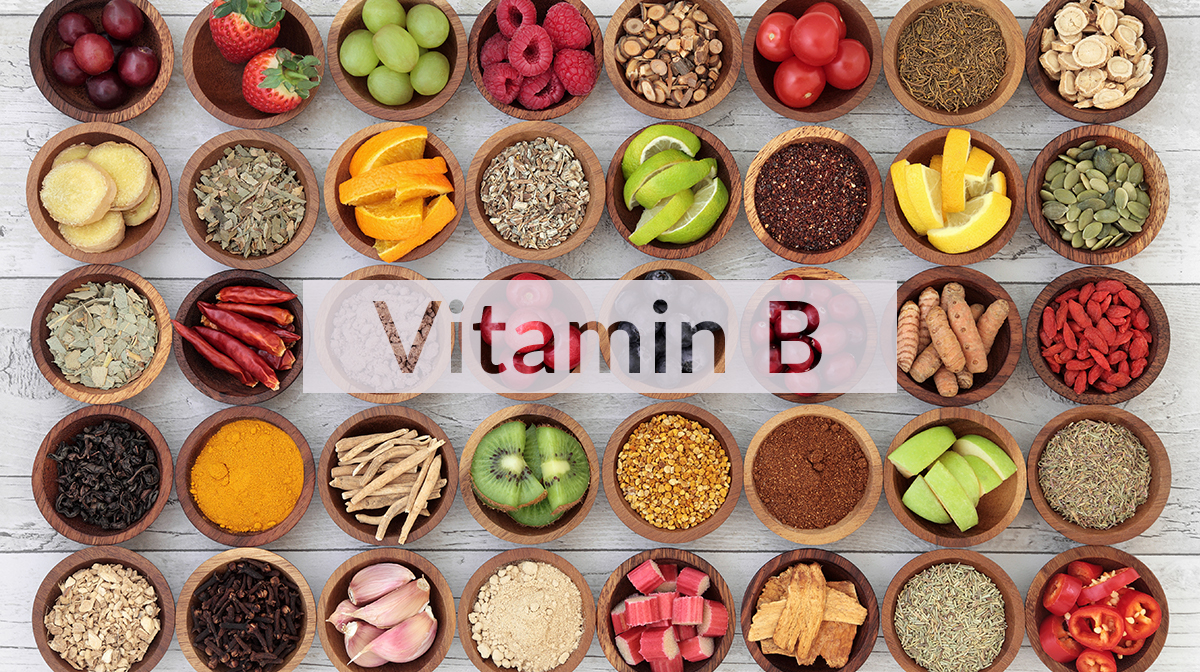
When you hear about vitamins and minerals being essential for life, that is no exaggeration. These nutrients are vital for a person to stay alive. Without nutrients like vitamins and minerals in the body, you would not be able to breathe, digest food or even walk to the corner. Unfortunately, the majority of people are not getting enough of these essential nutrients through their diets, and it can be even more difficult for women to know which nutrients they may be deficient in.
There are certain vitamins and minerals that all women should be including in their diets, especially women of childbearing age. These nutrients can be absorbed either through nutrition or through supplementation.
B Vitamins
There are eight B vitamins, and they are also referred to as the B-complex vitamins. These vitamins help maintain metabolism, sharp mental focus and muscle tone. B9 is one of the most essential of these vitamins for young women. B9 is also known as folic acid and helps protect against cancer and red blood cells healthy. A great way to get vitamins is by eating a fortified instant porridge.
The recommended dosage for women is 400mcg, and 600mcg if they are pregnant or nursing. Women generally do not need to use a supplement for this vitamin complex unless they are pregnant. Beans, whole grains, fortified cereals and asparagus all contain B vitamins.
Vitamin A

Vitamin A is the overachiever of the nutrients. Not only does Vitamin A improves vision and reduce the risk of hear disease, but it also helps to slow the signs of aging. Keep in mind, Vitamin A can become toxic when taken in large doses. This is why it is important to know the recommended dosage and stick to it.
A Vitamin A deficiency can be categorized as primary or secondary.The first deficiency is caused by an inadequate intake of Vitamin A from fruit and vegetable sources or from dairy and animal products.
A secondary deficiency is caused by malabsorption of lipids and/or impaired bile function.
It is best to get Vitamin A from a food source instead of a supplement. Vitamin A occurs naturally in beta-carotene food sources like cantaloupe and carrots.
Vitamin D

Similar to Vitamin A, Vitamin D is considered a wonder nutrient. Research has shown that Vitamin D has the potential to reduce a woman’s risk of breast cancer by almost 50 percent. It also shows promise of effectively preventing from diabetes and ovarian cancer.
Vitamin D also helps with muscle function and calcium absorption. The recommended dosage for women is 1000 to 2000 IU, and it can be obtained through food sources like salmon, milk and orange juice.
Unfortunately, these food sources contain small amounts of Vitamin D so it is a nutrient that should be supplemented. Spending 15 minutes a day in the sun can also help the body get the proper amount of Vitamin D, but this can be difficult for those who live in colder climates.
According to a dentist in Cape Town Vitamin D also helps with oral health as it helps the bones that support teeth absorb calcium.
These are the nutrients that are the most important in maintaining a woman’s health. By eating a balanced diet and supplementing when necessary, you can prevent the progression of many health conditions.


Leave a Reply
You must be logged in to post a comment.